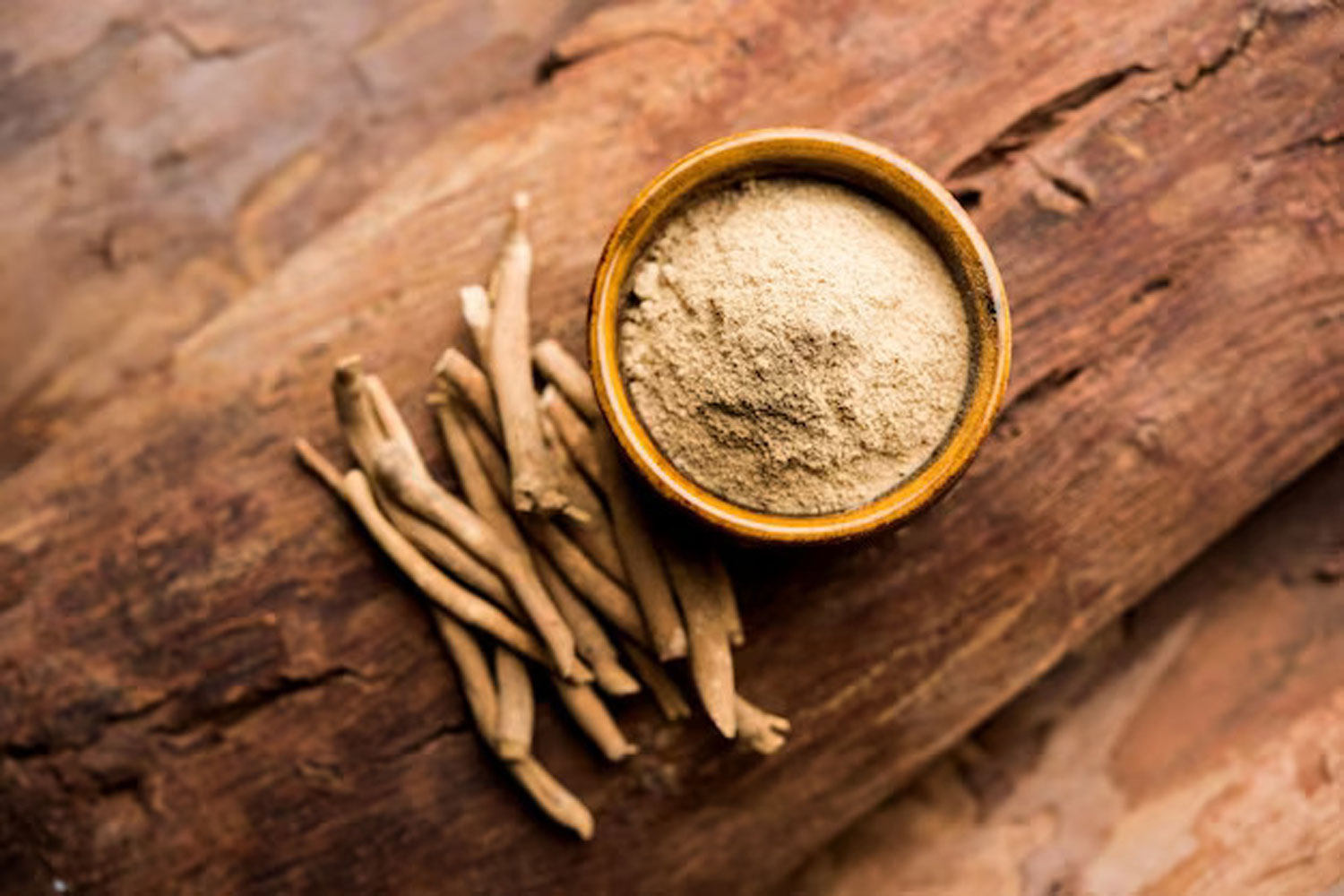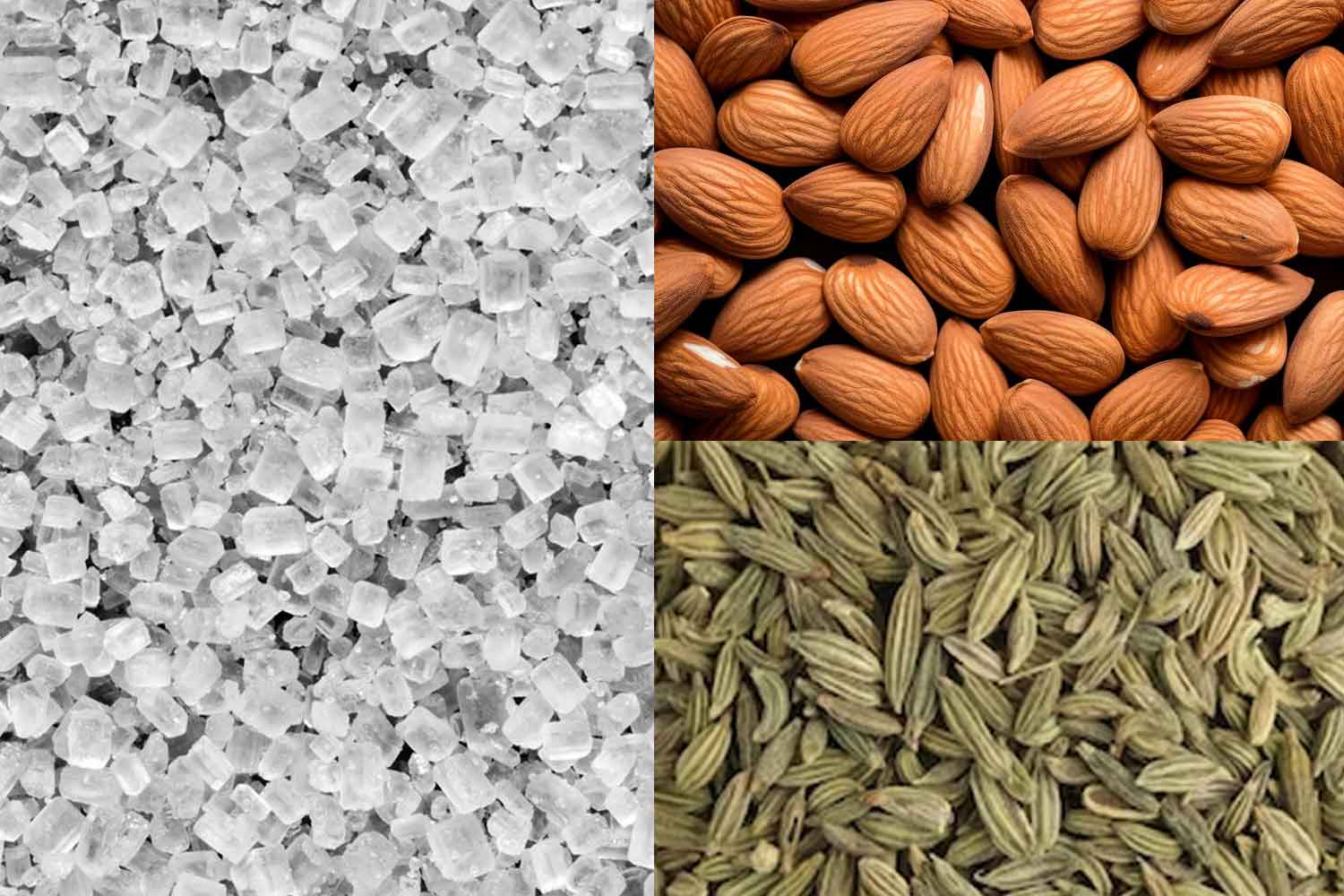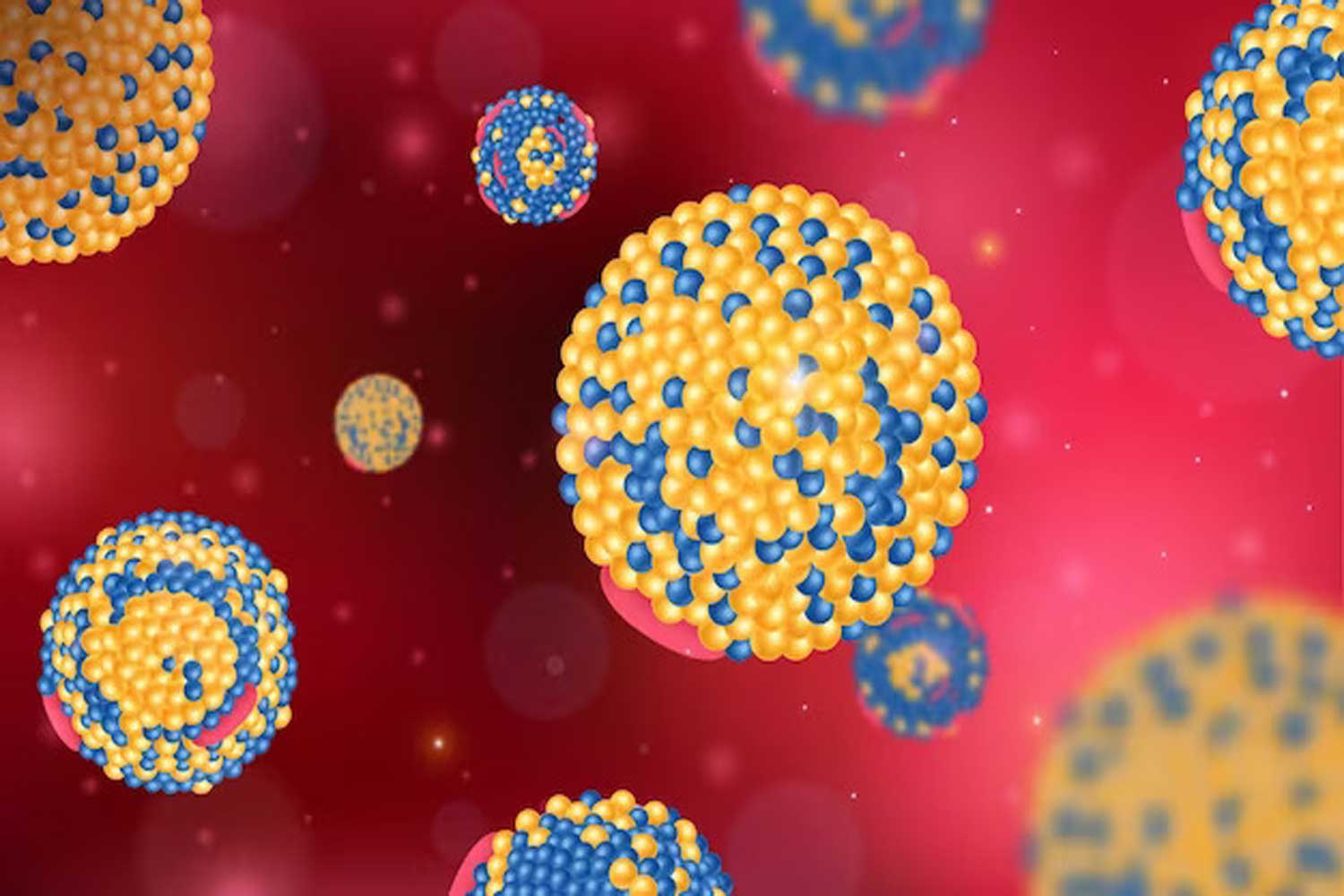Ashwagandha is a beneficial herb used to make several medicines for several illnesses and diseases. It is known as Indian ginseng or winter cherry. Its scientific name is Withania somnifera.
For several years, this wonder herb has been used in Indian medicine and Ayurveda. Its root powder is mainly used to make medicines. Ashwagandha describes the smell of its roots, as “like a horse”. By definition too, ‘ashwa’ means horse.
Benefits and Uses:-
Ashwagandha is used as a tonic for boosting energy and reducing stress and anxiety and some also claim that it has been helpful in treating specific cancers and Alzheimer’s. However, more research is needed to know more about the uses and benefits of this herb and whether, it is toxic or safe for consumption.
Most of the experiments using ashwagandha have been done on animals and have proved to be successful.
In Ayurveda, ashwagandha has been used as a Rasayana which means it helps maintain youth, or young age, both mentally and physically. People also use this herb for fatigue, pain, skin diseases, diabetes, arthritis, and epilepsy.
Different parts of this herb like the stem, roots, leaves, seeds, and fruit, are used for making different kinds of medicines. Ashwagandha also helps boost heart health by lowering high blood pressure and high cholesterol, reducing chest pain, and preventing or minimizing the chances of heart disease and infection.
Ashwagandha has also been shown to be able to slow down or prevent loss of brain function in people with neurodegenerative conditions like Alzheimer’s disease, Huntington’s, and Parkinson’s disease.
Ashwagandha intake:-
Ashwagandha intake depends on the problem or conditions a particular person wants to treat or overcome. There is no specific dosage of ashwagandha according to modern clinical trials, however, here are some estimated dosages of ashwagandha according to the condition it’ll help treat.
- To reduce stress and anxiety – 225 to 600 mg (milligrams) per day for a month or two.
- To lower blood sugar levels – 250 mg to 3 g per day spread over 2-3 periods of time.
- To boost fertility (especially in males) – 5 g per day.
- To boost muscle growth and size – 600 g per day for around 8 weeks.
- To improve immune function – 60 mg per day for a month.
- To lower inflammation – 250 to 500 mg over 60 days or so.
- To improve memory (in adults with high-stress levels) – 300 mg over 90 days.
In conclusion, Ashwagandha is a very beneficial herb whose plant’s several parts are used to make or develop medicines for various purposes which include reducing stress and anxiety, lowering inflammation and boosting immune function, improving memory and brain function, treating conditions like Alzheimer’s, Parkinson’s, epilepsy, insomnia, etc.
Although there is no specific dosage it should be taken, the best results in various studies in both humans and animals have been seen for 250–500 mg per day for at least 1 month. However, these dosages must be taken only after consulting a medical expert.
STAY HEALTHY! STAY SAFE!












